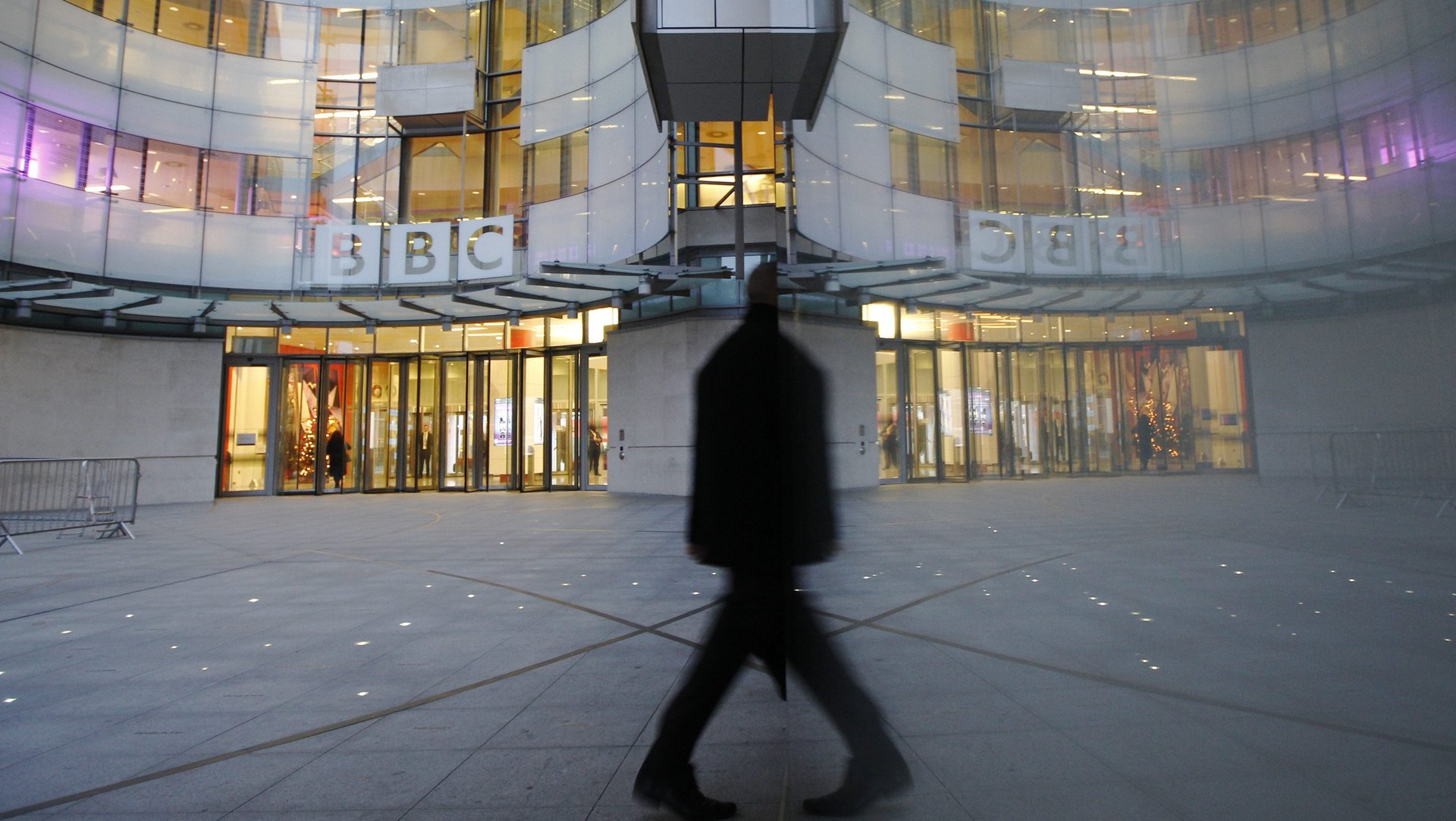To close the gender pay gap, the BBC cut men’s pay
Journalist Carrie Gracie resigned from her role as the BBC’s China editor earlier this month after discovering that she was paid considerably less than male counterparts in similar roles. When the BBC offered a raise that still gave her less than male peers she declined, and instead filed a grievance against what she called the company’s “secretive and illegal pay culture.”


Journalist Carrie Gracie resigned from her role as the BBC’s China editor earlier this month after discovering that she was paid considerably less than male counterparts in similar roles. When the BBC offered a raise that still gave her less than male peers she declined, and instead filed a grievance against what she called the company’s “secretive and illegal pay culture.”
“I was not interested in more money,” Gracie told the BBC in an interview after her resignation. “I was interested in equality, and I kept saying to my managers that I didn’t need more money; I just needed to be made equal and that can be done in a variety of ways.”
The BBC went with one of those ways this week, when it announced that six high-profile (and highly paid) male employees would be taking pay cuts as part of the company’s effort to even out salaries. One host, Jeremy Vine, said his decision to agree to the reduction was a “no brainer,” according to the BBC.
“I think it needs to be sorted out, and I support my female colleagues who have rightly said they should be paid the same when they’re doing the same job,” Vine said. While the BBC didn’t announce the size of the cuts, they likely won’t leave the employees scraping by. Vine earned earned as much as £750,000 ($1.1 million) last year at the BBC, which is primarily funded by the licenses UK residents have to buy in order to legally operate a television.
Vine’s on-the-record cheerfulness about his salary reduction comes after another of the male presenters, John Humphrys, was recorded complaining about the proposal. He would not comment on reports that his £600,000 ($855,000) salary was halved, but told reporters he was now earning “hugely less” than he was.
While the cuts may bring salaries at the BBC slightly closer in line than they had been, finding well-paid employees willing (or at least claiming to be willing) to hand over their pay is not a viable strategy for comprehensive pay reform. An internal review of pay practices at the BBC in July revealed gender disparities in pay across the organization, with women being paid, on average, 9.3% less than men. The BBC will release an independent audit on pay disparity next week. It still has a long way to go before the equality Gracie seeks is realized.